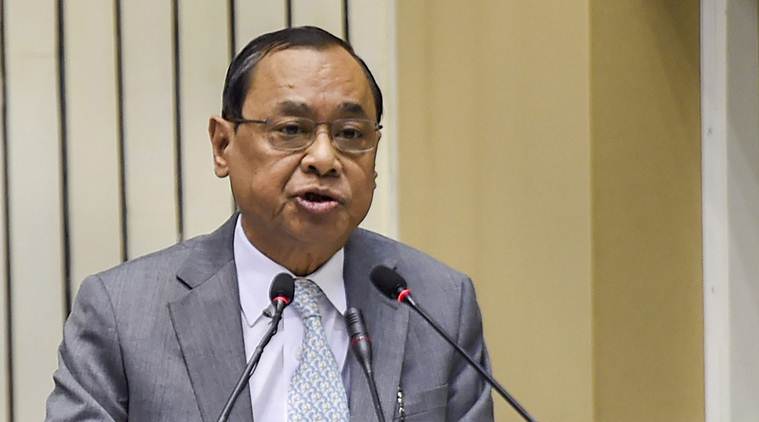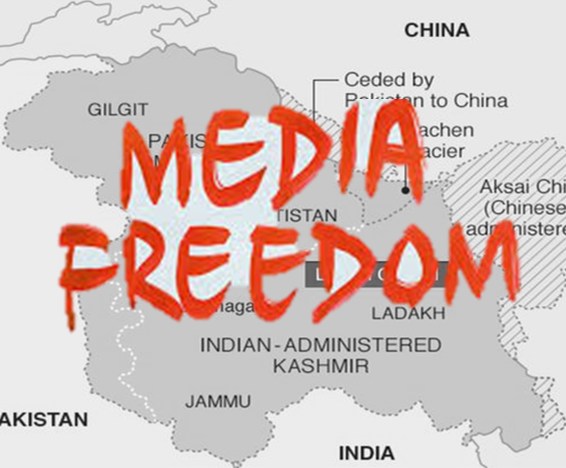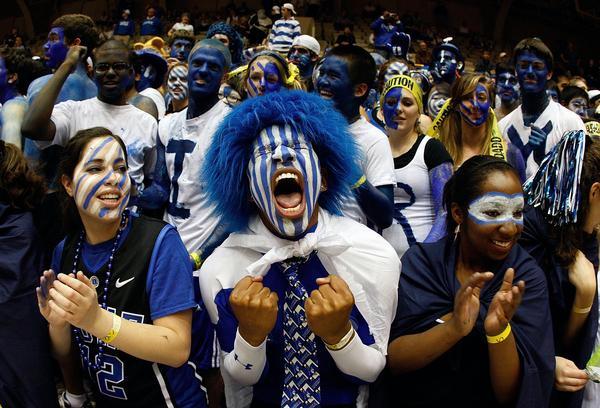In CJI Ranjan Gogoi sexual harassment case, it is press freedom that has won the battle against a petition that tried to curb it.
The New Leam Staff

A bench of the Delhi High Court headed by Justice Rajendra Menon, rejected a plea to restrict the media from publishing news and updates about the sexual harassment case filed by a women employee against the Chief Justice of India (CJI), Ranjan Gogoi.
A petition was filed by a non- governmental organization, Anti –Corruption Council of India after an affidavit written by a women employee to 22 judges of the Supreme Court was published in the media on 19th of April 2019. The petition was filed asking to restrict media channels, the Union ministries of Law and Justice and Information and Broadcasting, the Delhi government, the Press Council of India, the Delhi Police commissioner, WhatsApp, Google, YouTube and LinkedIn from publishing any online content related to the case.
The petitioner appealed the government to ban any further reporting of the case as the consequence of the reporting could be grave. Reporting without evidence and proof might lead to a loss of faith in the Indian judicial system, they stated. As the petitioners argued that the complaint filed against the Chief Justice was nothing but an anti-national plan to frame the CJI under false allegations.
On 19th April, a 21 page long affidavit addressed to 22 other Supreme Court judges was published on digital media. Soon after it other media channels and social media platforms too picked up the story until the news became viral.
In the affidavit written by the women employee who worked at the Supreme Court as a Junior Assistant she mentioned that she was repeatedly harassed by the CJI on various occasion from the time she joined office.
The women reported the incident from October 10 and 11 last year (2018), when she mentioned that she was sexually mistreated by the CJI inside his office room. The women further stated that when she resisted the act the CJI forced her to sign a letter stating nothing happened (like sexual misconduct) between the two of them in his office premise.
After the incident as she mentions in the affidavit, she was made to leave her job, after which not only did she become unemployed but was also tortured and tormented in some way or the other.
Her husband and her brother in law too were framed unnecessarily and were harassed without any reason or proof. All of this made the women helpless, she was left with no other choice than to come forward and speak about the issue.
After the affidavit came in the public domain lot of speculations were made. Chief Justice Ranjan Gogoi himself denied all the charges made against him in the hearing that was scheduled on 20th April 2019. He rather blamed the women for bearing an immoral character at work. He termed the case to be a larger conspiracy framed by somebody to trouble him unnecessarily and annul the seat of the CJI largely.
Not only did the CJI saw the case as a conspiracy but there were other 500 lawyers supporting him. A Supreme Court lawyer named Utsav Bains gave a public statement accepting that he was offered 1.5 crore rupees bribe, by the relative of the women who accused Ashram Bapu of rape, for framing the charges against the CJI.
Immediately after the matter started to pick up pace in the public and political sphere a special bench was established to hear the case. The bench included Chief Justice Ranjan Gogoi himself and two other judges: Justices Arun Mishra and Sanjiv Khanna. Another Panel was constituted to look into the alleged conspiracy theory advocated by Utsav Bains, the panel was headed by Justice S.A Bobde, Justices N.V Raman and Indira Banerjee who started with the proceedings of the case from Monday, 22nd April 2019.
After the proceedings of the case came in light and sight of the public not only there were questions being raised on the CJI but the sanctity and the independent nature of the Judiciary both were scrutinized. The very fact that the prime accused in case: the CJI himself headed the special bench which was constituted to deal with the proceedings of the case made the questioning stronger.
This act of the judiciary was condemned and questioned seriously. More the 250 women lawyers and academician wrote to the senior most judges of the Supreme Court to conduct a fair inquiry for the allegations made by the women employee.
The case is being heard by a bench headed by S.A Bobde and the charges are yet to be proved.














